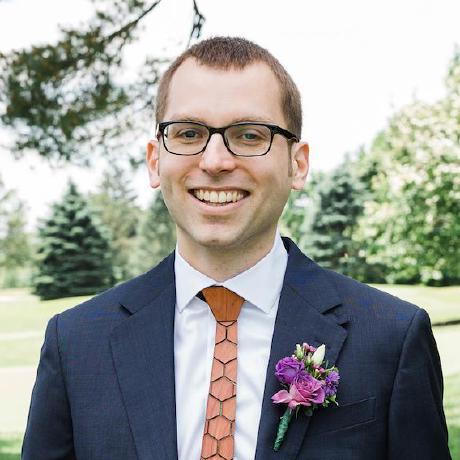
Michael Carrano
Michael Carrano is a mobile software engineer in NYC.
You should follow him on Github and connect on LinkedIn.
A former Microsoft employee's view on the future of the web
Published by Michael Carrano on August 17, 2010
This summer, I focused on networking with people who are in the technology industry. I have met many great people by attending meetups and I also met with family friends.
Back in July, I had a dinner with a family friend who I will call Mark (not his real name). Mark has worked for Microsoft for more than ten years. To my understanding he was primarily involved in the recruitment of graduates from the top universities.
The dinner focused on what I can do with my degree once I graduate from Stevens Institute of Technology and the route I should take to try and get a job at a company such as Microsoft. Mark explained to me that back when he first started his career many companies hired specialists and that it did not always work out well. For example, what do you do if you only have one server guy who decides to play hooky?
Mark told me he quickly took advantage of this issue by teaching himself how to set up and maintain servers among other skills. This helped him move up the ranks at the first company he worked at and earned him additional money on his paycheck. He no longer specialized in programming; he became the go to guy for everything.
He then explained to me the different segments that are available in the technology world such as operating systems, software development, mobile development, hardware and web. At this moment I am unsure which segment(s) I want to go into but I am leaning towards software/mobile and perhaps use this skill in the financial industry. Of course, I will continue doing my web development.
Mark and I then began to talk about technology in general and where we see the future going, we mostly focused on web based technologies such as Facebook, Twitter, FourSquare, etc. This is where things got interesting.
I told Mark that I see the web getting more opened and easier to access information, whether it be a News Outlet or a video of a typical Computer Science class at Harvard University where you can then earn a degree by watching these courses online.
What was Mark’s view of the future? The view of a former Microsoft employee was the exact opposite of mine.
Mark began to tell me that he believes within ten years that the web will be closed down and tightened up for several reasons…
Mark said that eCommerce will drastically decrease due to a surge in credit card theft and identity fraud. He went on to explain that he is just waiting for a smart citizen to bring up a law suit with an ecommerce site such as Amazon and a credit card company such as Visa and declare that these companies did not do all that they can to protect the data of its customers. He said that over time, programmers get lazy with their code and do not secure it from being stolen or altered.
He went on to say that if said lawsuit ruled against the credit card company and the eCommerce that credit card companies will no longer allow online transactions.
He then brought up my topic about getting a degree online and continued with the point that programmers get lazy. He brought up the question of “how to we know the material on an ‘authority’ website was not tampered with?” He was not speaking about the methods and research that has been put into a report but rather about a hacker with malicious intents gaining access to the website and altering the report on the website.
Lastly he brought up location services and said this will probably lead to more stalking incidents and other related crimes since technology is becoming so advanced that we can pin point the exact location of a person.
He used some examples such as the Google and Blippy incident exposing many users credit card information.
He also went on to say that companies such as Google, Facebook, Twitter, Apple all have security issues that they know about and some that they do not know about yet. Just look at some of the exploits that have popped over time whether they are severe or not is irrelevant.
While Mark does have some valid points, I still believe the web will become more open and information will be easily accessible by all people. Perhaps one way to make sure some of the scenarios that Mark mentioned do not come true is for all companies to enforce a security policy.